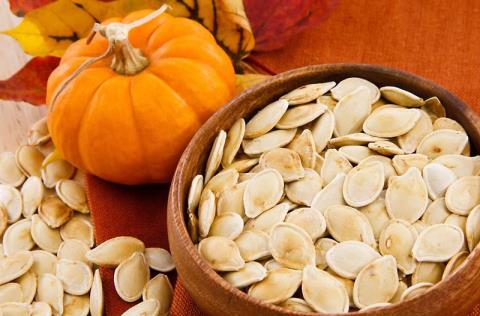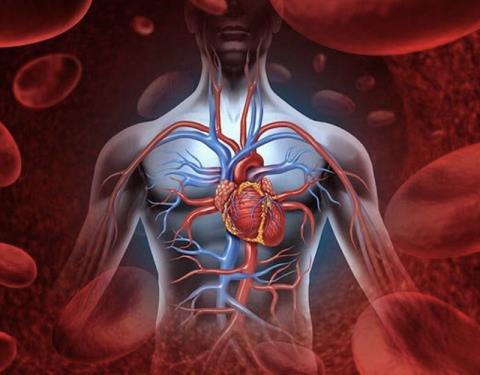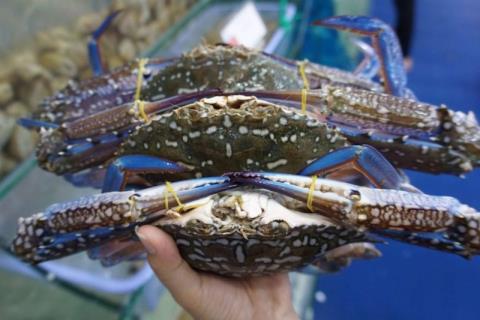Many people wonder how many calories shrimp are, whether eating shrimp is fat because of concerns about affecting their physique. The article will give you detailed answers and instructions on how to eat healthy shrimp.
Shrimp is a seafood that is loved by all ages. The meat of shrimp is soft, chewy, fragrant, and delicious. Particularly, sea shrimp has a little more typical salty taste of sea water. Shrimp can be processed into many delicious dishes such as: Grilled, boiled, steamed beer, roasted tamarind, sweet and sour sauce ... To rest assured to eat shrimp without worrying about gaining weight or harming your health, find out the information below. !
Shrimp how many calories?
You can completely add shrimp to your weight loss meal because the calories in this food are low. According to analysis, 100g of shrimp contains from 92 calories to 160 calories depending on the type of shrimp and how it is processed. As follows:
- Steamed or boiled shrimp: 92 calories/100g.
- Shrimp: 117 calories/100g.
- Roasted shrimp: 157 calories/100g.
- Black tiger shrimp: 130 calories/100g.
- Butter fried shrimp: 160 calories/100g.
- Dried shrimp: 159 calories per 100g.
Calories in food only cause weight gain when it is in excess and accumulates as fat inside the body. With the energy level of 92 calories of 100g of boiled shrimp, you only need to walk for 12 minutes or play sports for 10 minutes. You no longer wonder if eating shrimp is fat!
Shrimp is a very popular seafood, but few people know how many calories shrimp have
What are the health benefits of eating shrimp?
Shrimp has a higher nutritional value than many other seafood. According to experts, eating a meal of shrimp can be equivalent to drinking 10 cups of milk. Here are the 5 most prominent health benefits of shrimp.
Provides good calcium for bones
Shrimp is known as the "natural calcium storehouse" because its calcium content is very abundant. In 100g of shrimp contains 1,120mg of calcium, 100g of sea shrimp contains 2000mg of calcium. This content exceeds the calcium needs of adults at 800-1000mg/day. Calcium helps strong bones, promotes height growth, prevents osteoporosis .
Shrimp rich in protein is good for cells
In 100g of shrimp, there are 24g of protein. This is an essential nutrient for the body. Proteins are responsible for the maintenance and growth of tissues, promoting the signaling process between cells. It is also involved in shaping cell tissue structure, transporting nutrients, enhancing metabolism. Eating shrimp will help the body stay healthy and ensure the operation of vital functions.
Anti-inflammatory, blocking free radicals
Free radicals are molecules or atoms that damage cells inside the body. They age cells, causing many diseases of the heart, immunity, nerves, cancer... According to research, shrimp contains an antioxidant called astaxanthin - a component of marine algae. Scientifically proven astaxanthin has anti-inflammatory effects, inhibits free radicals and prevents cell damage.
Astaxanthin in shrimp helps fight disease-causing free radicals
Reduce the risk of heart disease
In 85g shrimp contains 166mg cholesterol. According to research, cholesterol in shrimp has a small impact on blood cholesterol, eating a reasonable dose will not harm the heart. Research also shows that astaxanthin and omega-3 fatty acids in shrimp have benefits for improving heart health. Eating 300g of shrimp per day will increase good cholesterol by 12%, reduce triglycerides by 13% and reduce the risk of heart disease.
Eating shrimp helps you lose weight
Do not worry about eating shrimp with fat because this dish will help you lose weight better. Shrimp is low in calories but rich in nutrients, just eating a moderate amount also ensures nutrition for the body. To lose weight, you should pay attention to the low-fat processing method and the enhanced combination of vegetables and fruits. Delicious shrimp dishes suitable for weight loss dieters are: Boiled shrimp, steamed shrimp, shrimp salad.
Experience eating shrimp properly
To ensure health, adults should only eat about 100g/day, not more than 300g/day. Children under 5 years old eat shrimp 20 - 30g / day, a week eat 2-3 shrimp meals is enough. You should use fresh shrimp will be juicy and retain more nutritional value than frozen shrimp. Buying fresh shrimp also limits the risk of poor quality and chemical contamination compared to frozen shrimp.
When eating shrimp, you remove the head and shell. The head contains shrimp waste, so it is easy to cause poisoning and parasitic infections. The shell of shrimp is hard, eating easily causes throat irritation. Currently, many people still doubt whether shrimp shells have calcium . This has been analyzed by experts as shrimp shells contain almost no calcium. The hardness of shrimp shells due to chitin creates a polymer that is difficult to digest.
Do not eat shrimp with foods rich in vitamin C
Doctors recommend not to eat shrimp together with vegetables rich in vitamin C. Shrimp has arsenic, combining vitamin C will create a chemical reaction that produces toxins. To ensure safety, after eating shrimp for about 3-4 hours, you can eat foods rich in vitamin C. Some vegetables and fruits that need to be eaten with shrimp are: Guava, oranges, kale, cauliflower, bell peppers. red, green bell pepper, papaya…
Note the harm when eating a lot of shrimp
Shrimp is nutritious but also very toxic if you do not know how to eat scientifically. Doctors also recommend that people should not eat shrimp because of an underlying medical condition.
- The high cholesterol content in shrimp will be excessive if you eat a lot. This leads to an increased risk of heart problems.
- The nutrients calcium, protein, fatty acids in shrimp are abundant. Absorption of a lot will cause digestive disorders , bloating, indigestion.
- Protein in shrimp can cause allergies if the immune system is sensitive. Manifestations are itchy mouth, swollen lips, body itching, fever, headache, nausea.

Protein in shrimp can cause allergies
Shrimp is rich in cholesterol, so it is not suitable for people with high cholesterol levels. People with a history of seafood allergy should not eat shrimp. Some other cases that need to be abstained from shrimp are: People with cough, asthma, pink eyes, gout, arthritis, increased uric acid, hyperthyroidism or thyroid problems.
The article has answered how many calories shrimp are and instructions on how to eat healthy shrimp. Hope you will remember to apply offline!











